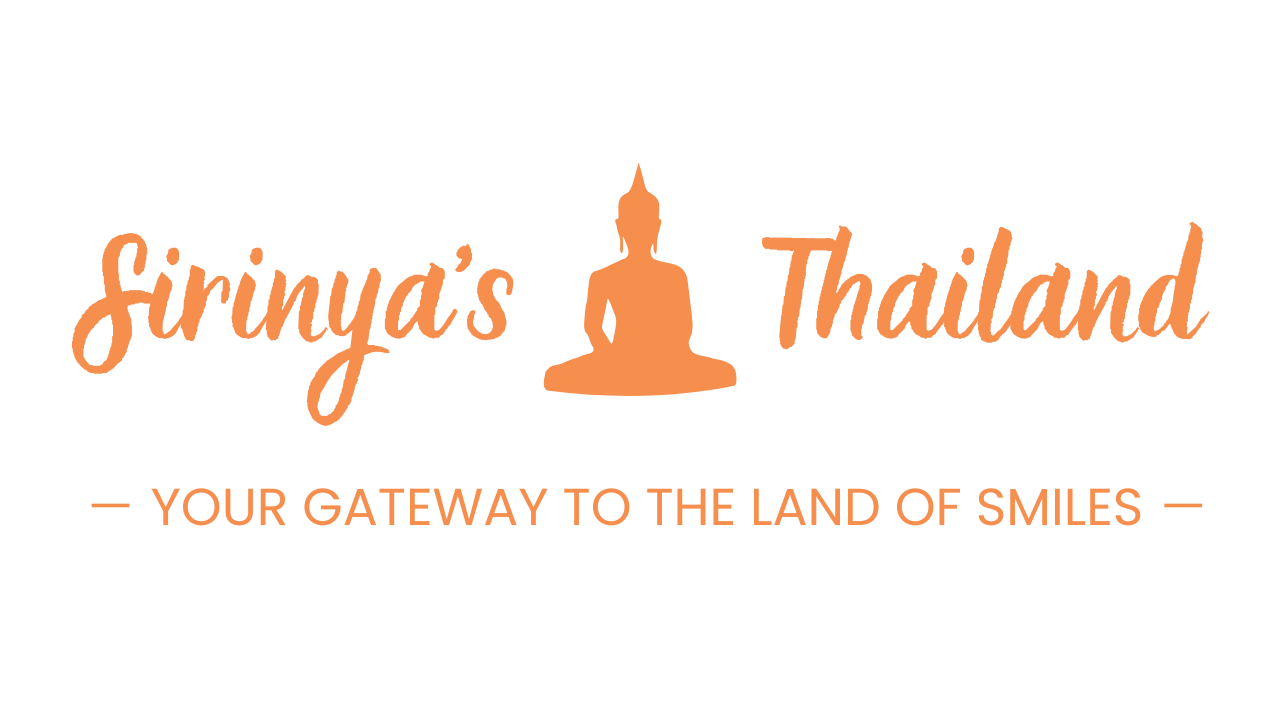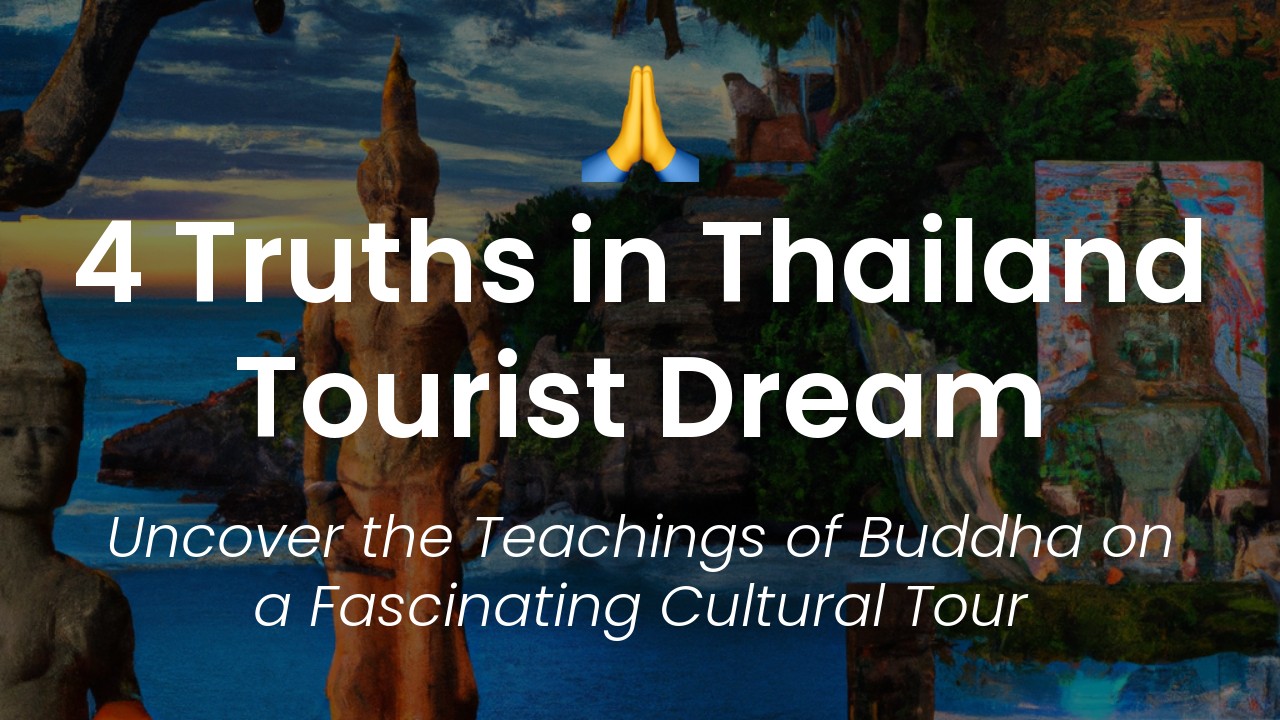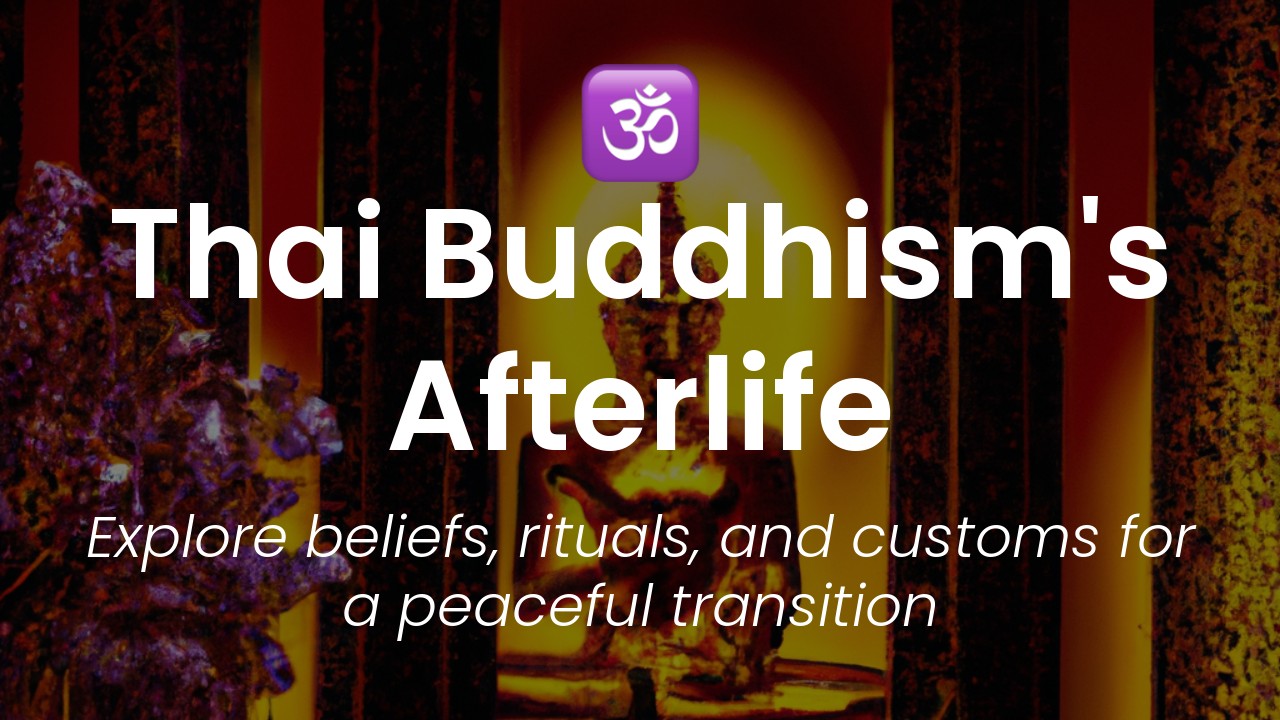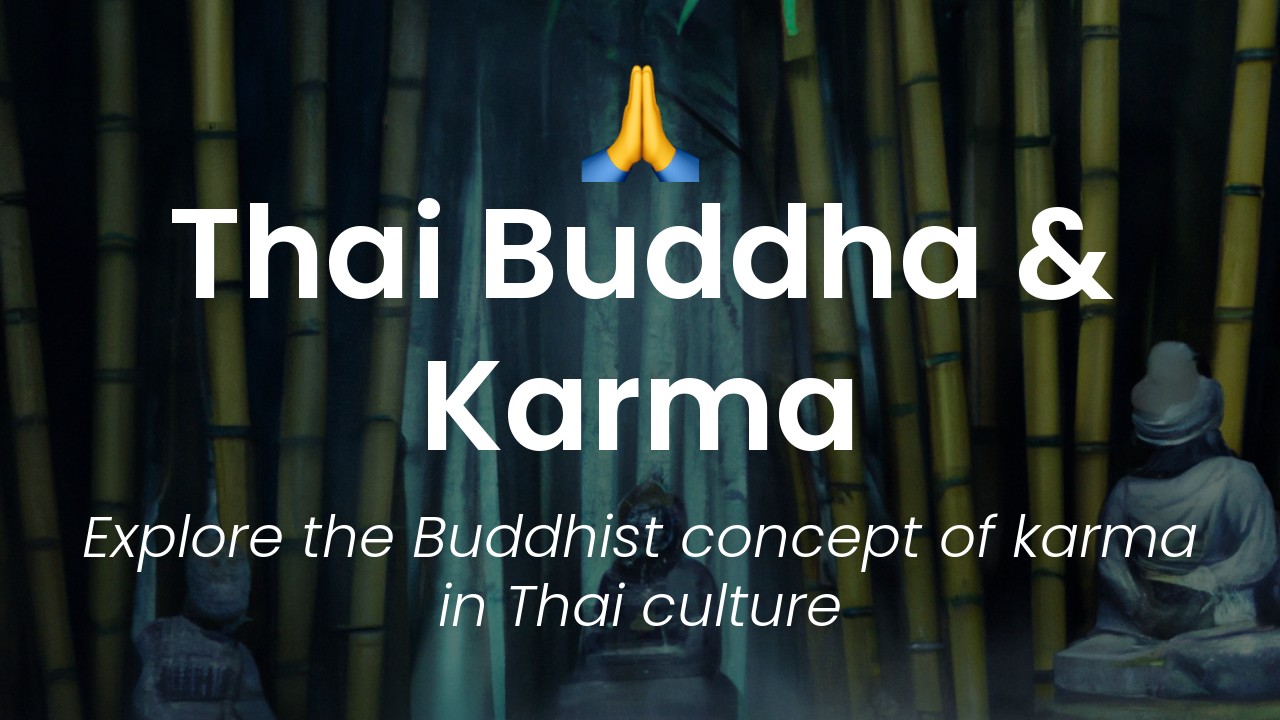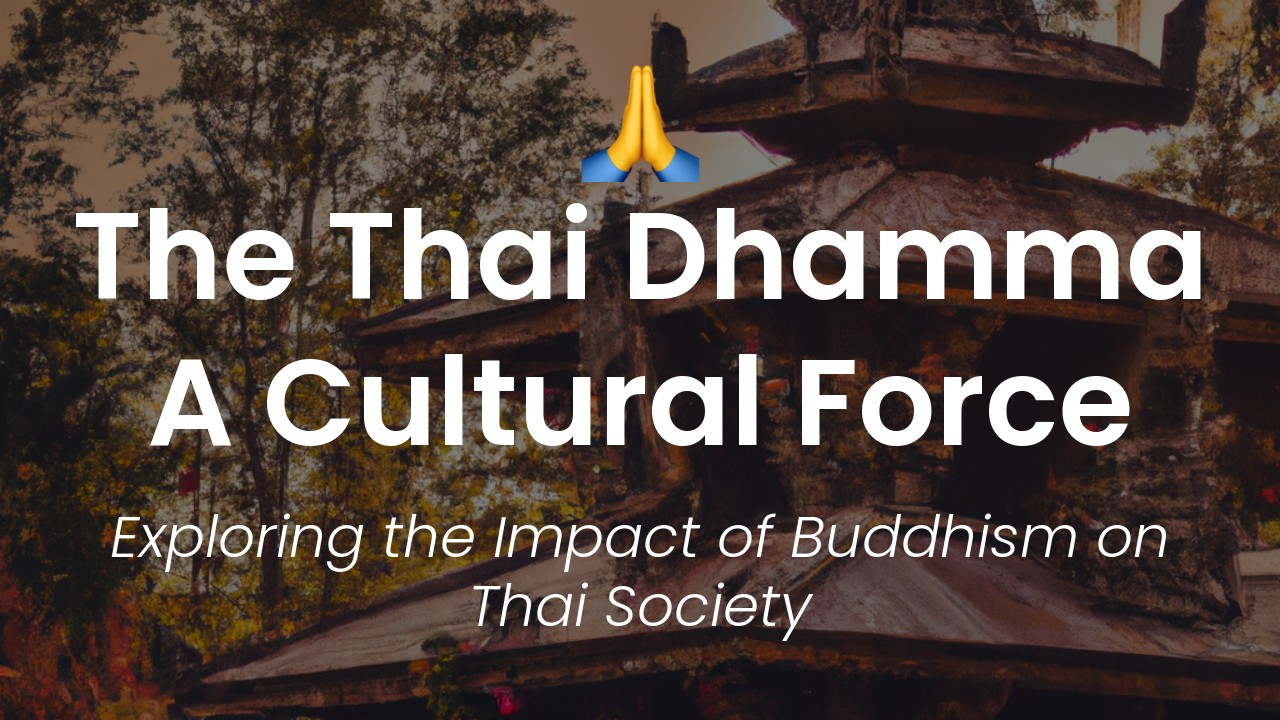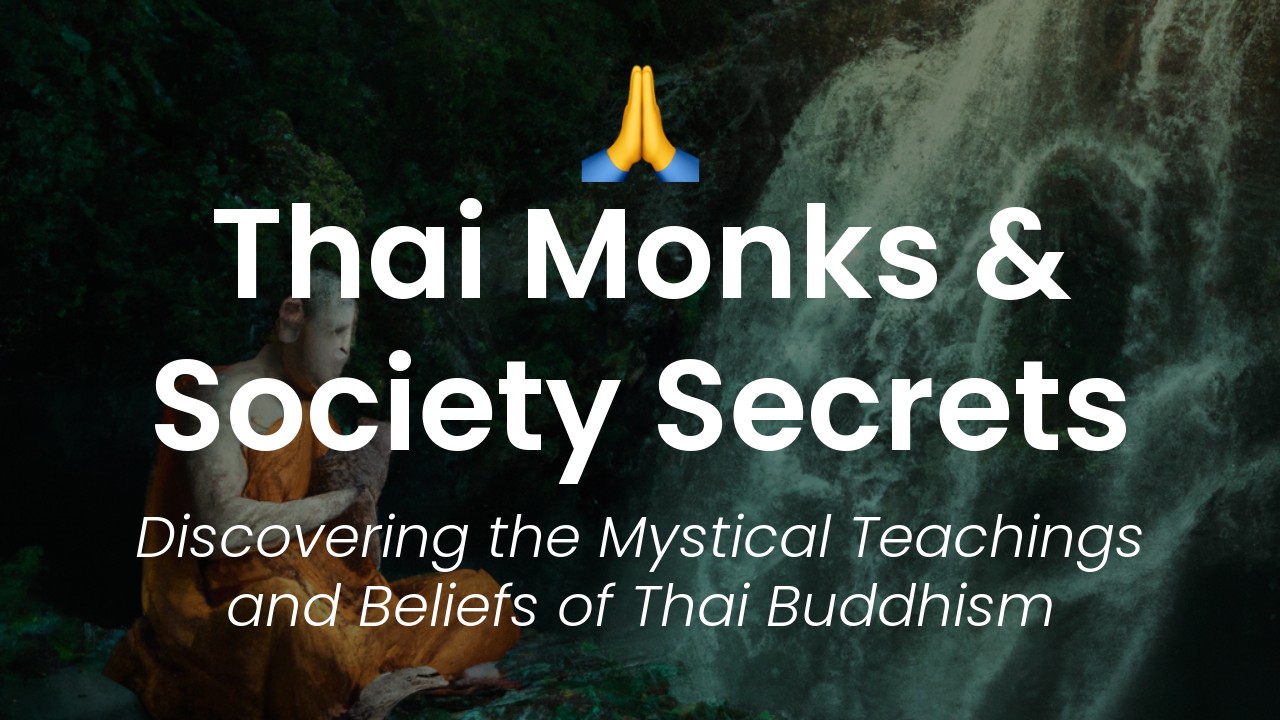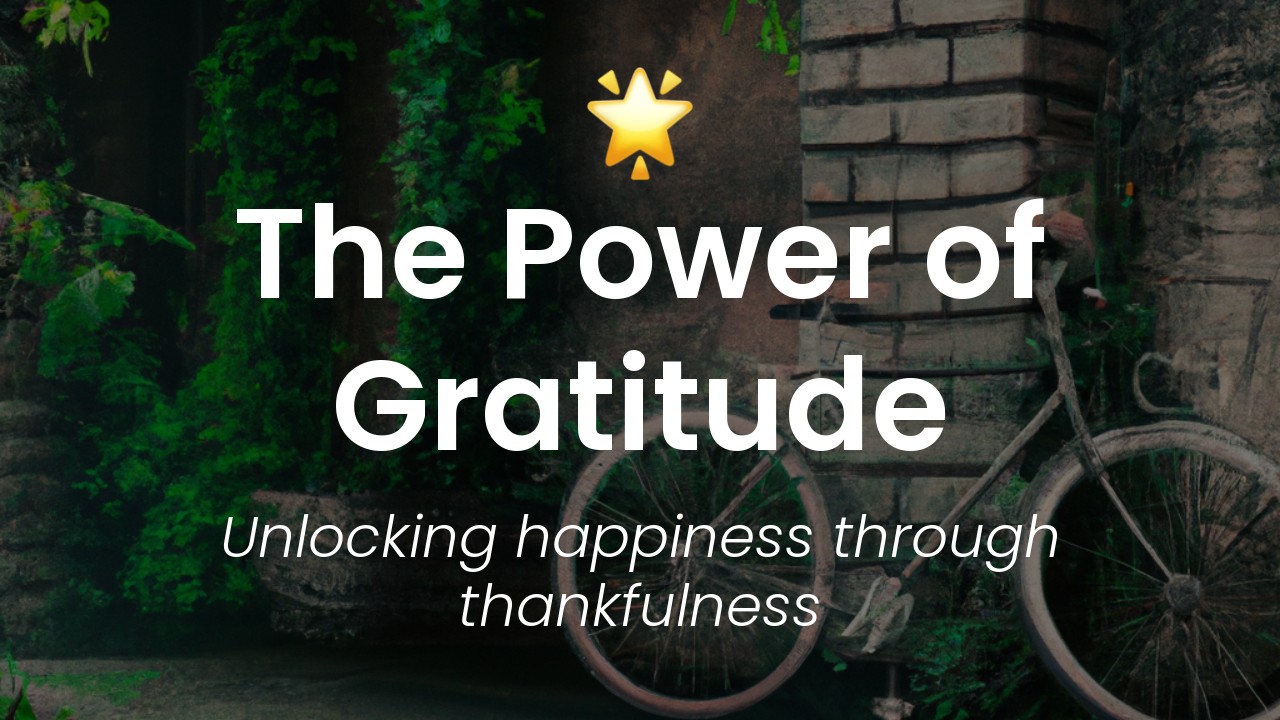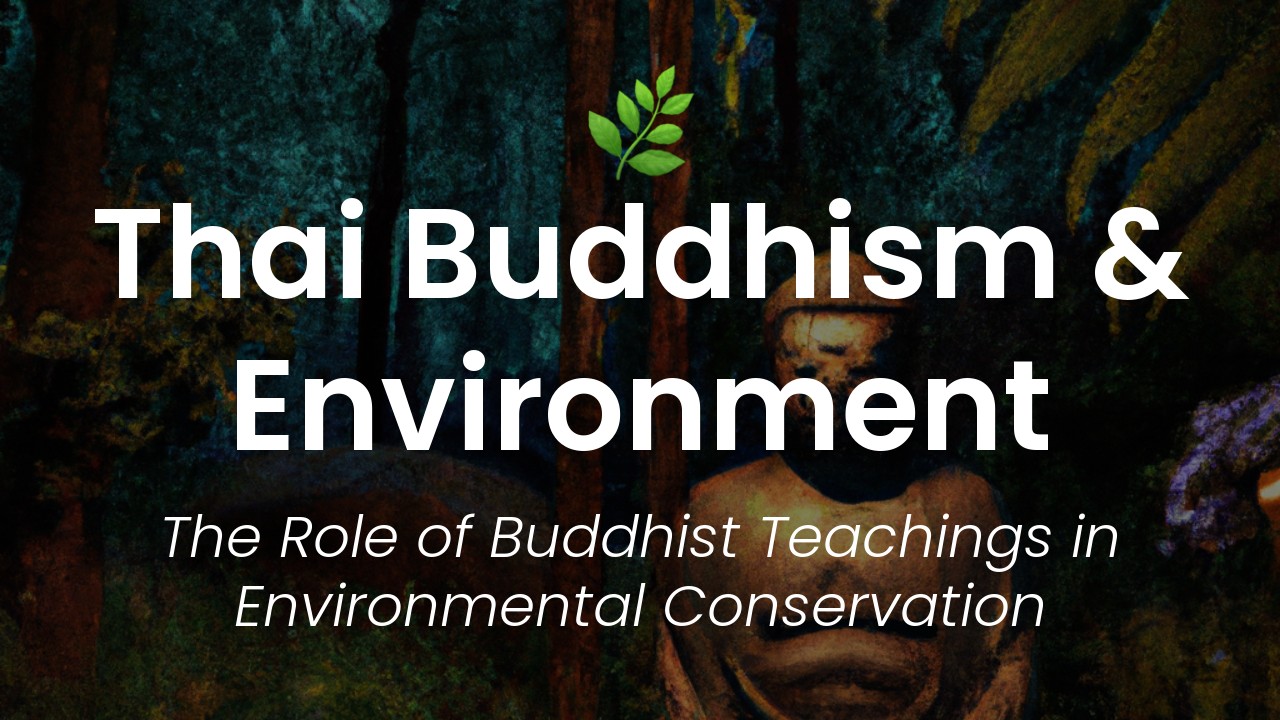As a Thai woman, I am proud to share my country's rich history and cultural heritage with the world. In this article, I'd like to take a closer look at the spiritual teachings that have been passed down for thousands of years: the Four Noble Truths of Buddhism. While Buddhist principles of meditation, mindfulness, and karma may be familiar to many, the Four Noble Truths are at the heart of the religion and hold a special significance in Thai culture.
For those unfamiliar with Buddhism, the Four Noble Truths are a set of beliefs that explain the nature of suffering and how it can be overcome. The first truth states that suffering is a natural part of life, while the second truth teaches that suffering arises from craving and attachment to material goods and experiences. The third truth is the possibility of overcoming suffering and finding contentment, and the fourth truth is the path that leads to liberation from suffering.
These teachings form the foundation of Thai Buddhist culture, touching everything from daily life to political discourse. By understanding and respecting the Four Noble Truths, visitors to Thailand can gain a deeper appreciation for the country's spiritual heritage and cultural traditions. Join me in exploring the secrets of Thailand through the lens of these profound teachings, and unlock a new level of understanding and connection with this vibrant and fascinating country.
First Noble Truth: Dukkha (Suffering)
As a tourist destination, Thailand is often advertised as a tropical paradise with breathtaking beaches, delicious food, and friendly locals. While all these things are true, there is more to this country than what meets the eye. Thailand is deeply rooted in Buddhist philosophy, which teaches that all existence is marked by suffering. This is the first Noble Truth, known as Dukkha.
Dukkha is a Pali word that means suffering, unsatisfactoriness, or insecurity. In simple terms, it refers to the feeling of emptiness or dissatisfaction that one experiences in life, despite their efforts to find happiness. The concept of Dukkha is not just physical pain, but also mental and emotional distress.
As a Thai myself, I have seen how deeply ingrained this concept is in our culture. Thais are brought up to accept that suffering is a part of life and that we must find ways to cope with it. This is not to say that we are a pessimistic people; rather, we acknowledge that suffering is a reality that we must deal with.
Second Noble Truth: Samudaya (Cause of Suffering)
The second Noble Truth is Samudaya, which means the cause of suffering. In Buddhism, the cause of suffering is seen as craving, attachment, and desire. When we desire something, we become attached to it, and when we are attached to it, we crave it. This creates a cycle of suffering that is difficult to break.
For example, many tourists come to Thailand seeking pleasure and relaxation. They crave the beautiful beaches, the delicious food, and the exciting nightlife. However, their attachment to these things can lead to disappointment and suffering. Perhaps the beaches are overcrowded, the food is not what they expected, or the nightlife is too rowdy. When their expectations are not met, they feel disappointed and unsatisfied.
The principle of Samudaya teaches us that craving and attachment are the root causes of suffering. By letting go of our desires and expectations, we can break the cycle of suffering and find peace.
Third Noble Truth: Nirodha (Cessation of Suffering)
The third Noble Truth is Nirodha, which refers to the cessation of suffering. In Buddhist philosophy, the path to the cessation of suffering lies in letting go of our attachment to desires and cravings. When we let go of our desires, we are free from the cycle of suffering.
Thailand offers many opportunities to practice Nirodha. For example, meditation retreats are popular among tourists who want to learn mindfulness and how to let go of their attachments. Wat Phra That Doi Suthep, a temple in Chiang Mai, offers meditation retreats for visitors. These retreats provide a peaceful environment for individuals to reflect and let go of their attachments.
Fourth Noble Truth: Magga (Path to the Cessation of Suffering)
The fourth Noble Truth is Magga, which refers to the path to the cessation of suffering. In Buddhism, there are eight steps that lead to the cessation of suffering. These steps are known as the Noble Eightfold Path.
The eight steps of the Noble Eightfold Path are right understanding, right intention, right speech, right action, right livelihood, right effort, right mindfulness, and right concentration. These steps are not separate, but rather interconnected and must be practiced together.
Tourists who are interested in learning more about Buddhism and the Noble Eightfold Path can visit temples and monasteries throughout Thailand. For example, Wat Phra Singh in Chiang Mai offers meditation retreats that teach the Noble Eightfold Path.
In conclusion, Thailand's Buddhist philosophy offers a unique perspective on life that is deeply ingrained in our culture. By understanding the four Noble Truths, tourists can gain a deeper appreciation for Thailand and find peace within themselves.
